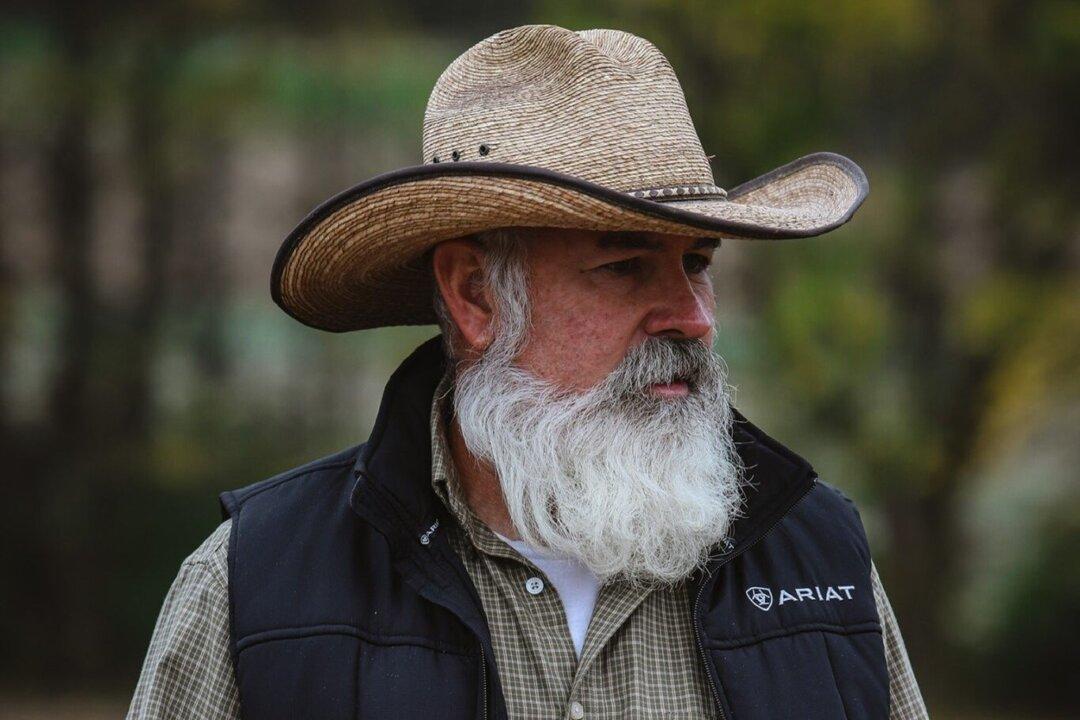Claims that Ohio GOP gubernatorial candidate Joe Blystone was ordered by the Ohio Secretary of State’s office to return more than $100,000 in campaign donations are not completely true, according to Blystone and his campaign representatives.
According to a letter dated March 4 from Ohio Secretary of State Frank LaRose’s Director of Campaign Finance Brian Katz and sent to Friends of Joe Blystone, more than $101,000 in donations that exceed the state’s limit of $100 for each contribution made in cash were flagged.





